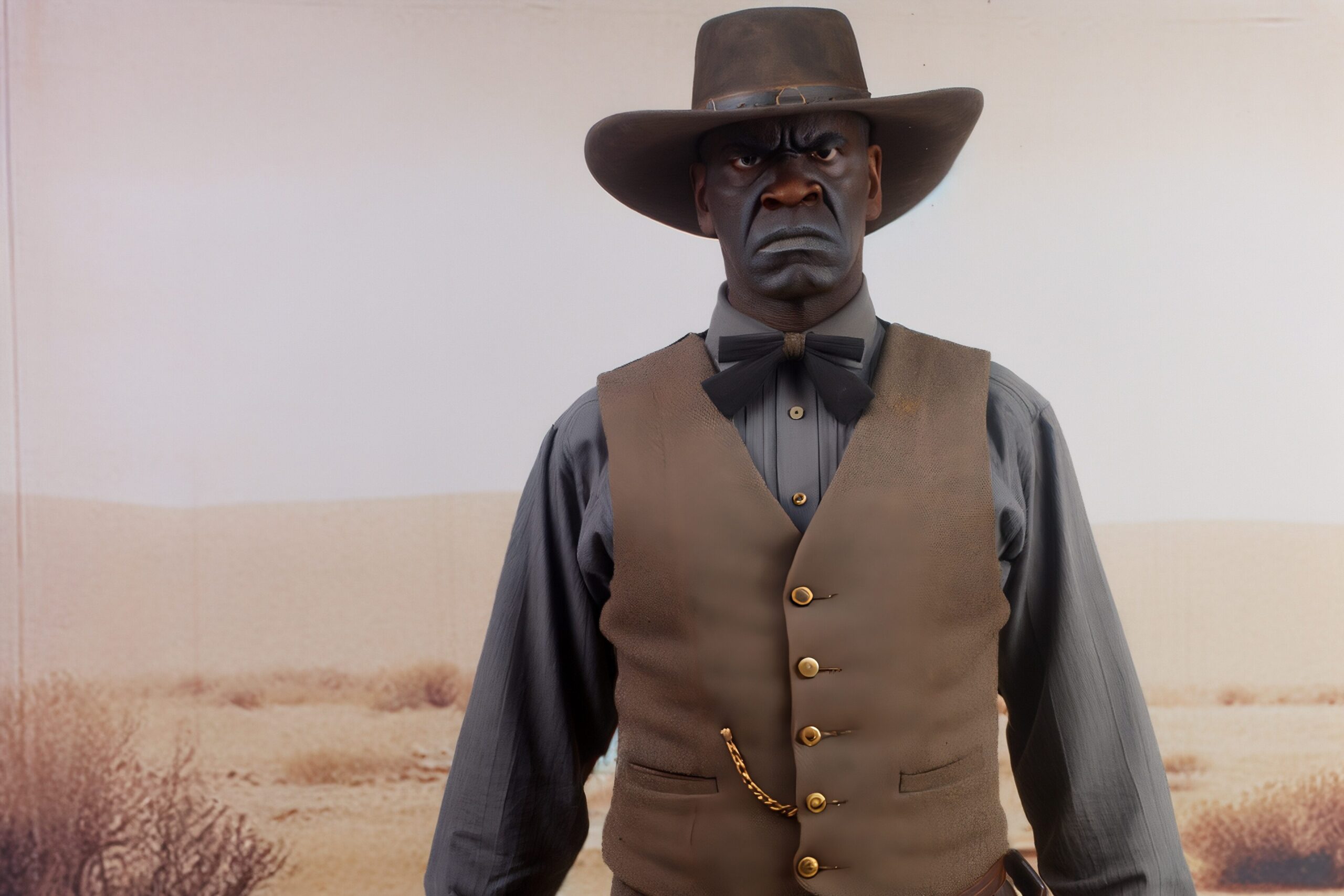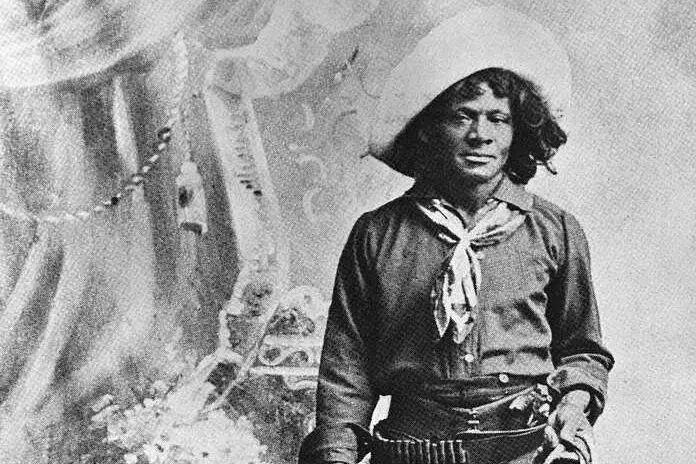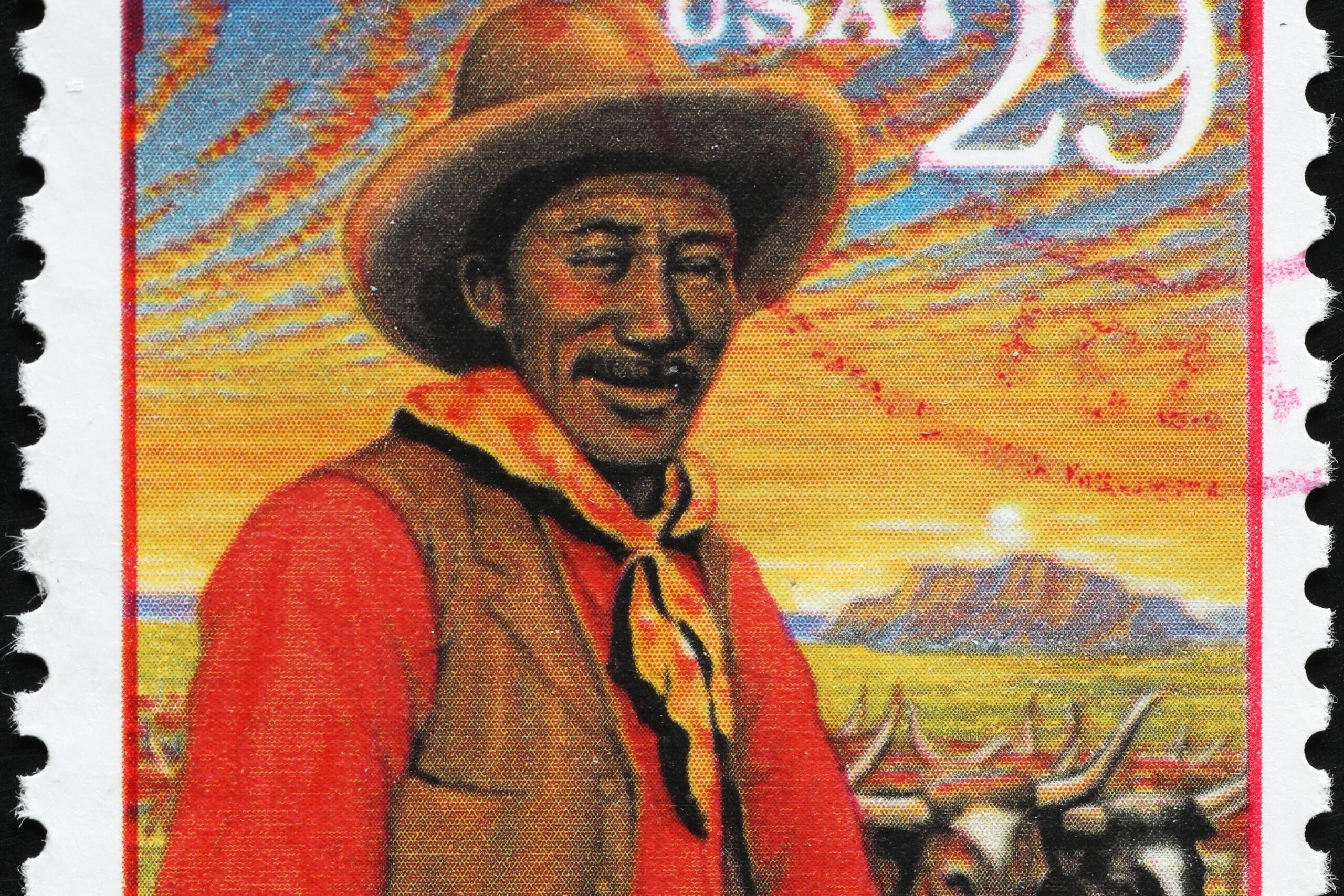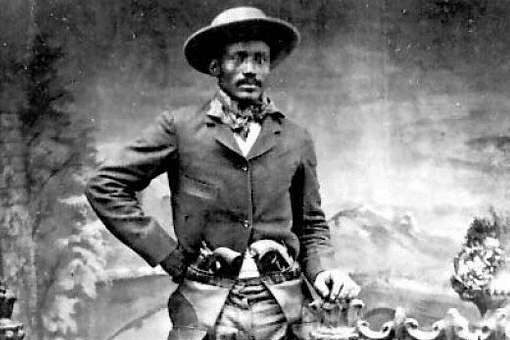1. Bass Reeves

Bass Reeves was the kind of lawman legends are made of. Born into slavery in 1838, he escaped to freedom during the Civil War and lived among Native American tribes, learning their languages and survival skills. When the war ended, he became a U.S. Deputy Marshal, one of the first Black men to hold the title. He was fearless, sharp-witted, and deadly accurate with a gun. Over his career, he arrested more than 3,000 criminals and survived countless shootouts. He even had to arrest his own son at one point, proving his commitment to justice over personal ties. Some say he was the real-life inspiration for the Lone Ranger, though history hasn’t officially confirmed it shares News on 6.
Reeves’ reputation spread across the West, and outlaws feared the sight of him riding into town. He had a habit of using disguises to trick fugitives into capture, once posing as a weary traveler only to turn the tables when the criminals let their guard down. Despite the dangers of his job, he served for over three decades without a single major injury. When Oklahoma became a state in 1907, Reeves retired but continued working in law enforcement for a few more years. His legacy still stands today as one of the greatest lawmen in Wild West history.
2. Nat Love

Nat Love wasn’t just any cowboy—he was the definition of cool under pressure. Born into slavery in Tennessee in 1854, he was determined to make a life of adventure for himself once he gained freedom. As a teenager, he left home for the West, eventually landing a job as a ranch hand in Kansas. He quickly became an expert at breaking wild horses and handling cattle, earning him the nickname “Deadwood Dick” after winning a rodeo competition in South Dakota. His skill with a lasso and gun made him one of the most respected Black cowboys on the frontier shares Denver Art Museum.
Love’s life was full of close calls, including a run-in with a group of Native Americans who captured him. Instead of panicking, he impressed them with his survival skills and ended up being set free. He traveled across the West, from Texas to Wyoming, working on cattle drives and making a name for himself. Later in life, he put his cowboy days behind him and worked as a Pullman porter on trains. He even wrote an autobiography, making sure his incredible story would be remembered.
3. Bill Pickett

Bill Pickett was a showman, a cowboy, and a true pioneer of rodeo. Born in Texas in 1870, he grew up watching cowhands work and developed his own unique way of handling cattle. He invented a technique called “bulldogging,” where he would leap off his horse, bite a steer’s lip, and wrestle it to the ground. It was dangerous, wild, and so impressive that it became the foundation of modern steer wrestling. Pickett took his act on the road, performing in Wild West shows across the country and even overseas adds CBS 4 Indy.
He became the first Black cowboy to be inducted into the National Cowboy Hall of Fame, though it happened long after his death. Pickett’s larger-than-life performances made him famous, but racism often kept him from getting full credit for his talents. Some shows listed him as Mexican to make him more “acceptable” to white audiences. Even so, he never let anything slow him down. His legacy lives on in rodeo history, and his fearless approach to cowboy life still inspires riders today.
4. Isom Dart

Isom Dart’s life had enough twists and turns to rival any Wild West novel. Born into slavery in 1849, he gained his freedom after the Civil War and set out to make a name for himself. He started off as a skilled cowboy and bronco buster, but somewhere along the way, he found himself on the wrong side of the law. He became known as a cattle rustler, taking unbranded or stray cattle and claiming them as his own. Despite this, many who knew him considered him more of a survivor than an outlaw, just trying to carve out a living in the harsh West says KUTV.
Dart eventually tried to go straight, settling in Browns Park, Colorado, and building a ranch of his own. But his reputation followed him, and powerful cattle barons didn’t take kindly to former rustlers trying to establish themselves. They hired the notorious gunman Tom Horn to take him out, and in 1900, Dart was shot and killed outside his home. Though his story ended in violence, his legacy is one of resilience and adaptability. He lived life on his own terms, proving that Black cowboys played every role in the Wild West, from lawmen to outlaws and everything in between.
